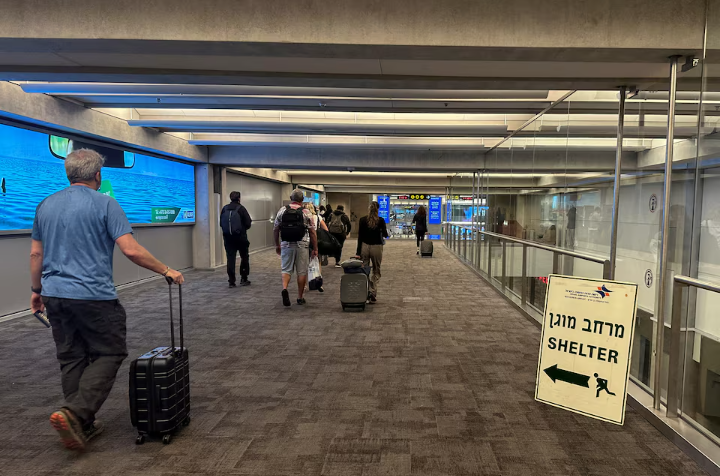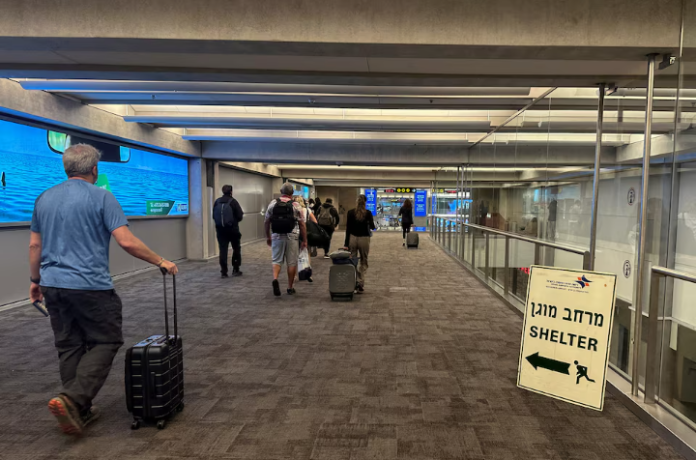The Middle East witnessed major airspace disruptions on Friday after Israeli forces launched a series of targeted strikes against Iranian nuclear and military infrastructure. As tensions between the two nations escalated, Iran, Iraq, and Jordan promptly closed their airspace, prompting a ripple effect across global aviation.
Thousands of Flights Disrupted
Eurocontrol reported that over 1,800 flights to and from Europe were impacted on Friday alone—approximately 650 of them canceled outright. With regional air corridors shutting down rapidly, airlines had no choice but to reroute or suspend flights altogether.
Ben Gurion Airport, Israel’s main international hub, was shut down following the strikes. Israel also placed its air defense systems on high alert, anticipating potential retaliation from Tehran.
Airlines React Swiftly
El Al, Israir, and Arkia—three of Israel’s main airlines—began evacuating their aircraft to safer locations outside the country. Major international airlines like Air France-KLM, Lufthansa, Ryanair, Wizz Air, and Emirates announced suspensions or detours of their routes over Iranian, Iraqi, and Israeli airspace. Air India redirected multiple transcontinental flights to avoid Iranian skies.
Meanwhile, FlyDubai canceled 22 flights bound for Dubai from various Russian cities, following directives from Russia’s aviation regulator to steer clear of conflict zones.
Global Aviation at Risk
Airspace closures due to geopolitical conflict have increasingly become a burden on airlines. With Russian and Ukrainian skies already off-limits due to the ongoing war, the Middle East remains a crucial flight path for journeys connecting Europe and Asia.
Friday’s escalation has dealt yet another blow to the aviation industry. Airline stocks dropped globally in response: British Airways owner IAG fell 4.6%, Delta Airlines lost 4%, and Ryanair slipped 3.5%. A surge in oil prices further raised concerns about rising jet fuel costs.
Wider Safety Concerns

Commercial aviation in the Middle East has become riskier since the Israel-Hamas conflict reignited in October 2023. Several incidents, including drones and missile fire dangerously close to civilian aircraft, have put passengers and crew on edge. Six planes have been shot down unintentionally since 2001, including Malaysia Airlines Flight MH17 and Ukraine International Airlines Flight PS752.
Safe Airspace, a global aviation risk platform, reported that flights are now being rerouted either south through Egypt and Saudi Arabia or north via Turkey, Azerbaijan, and Turkmenistan.
What’s Next?
As Israel signals a prolonged campaign to curb Iran’s nuclear ambitions, the uncertainty in the region may continue to paralyze commercial aviation for days—or even weeks. With Iraq and Jordan closing their airspace, and Iran imposing indefinite flight bans, international airlines are bracing for prolonged turbulence.



